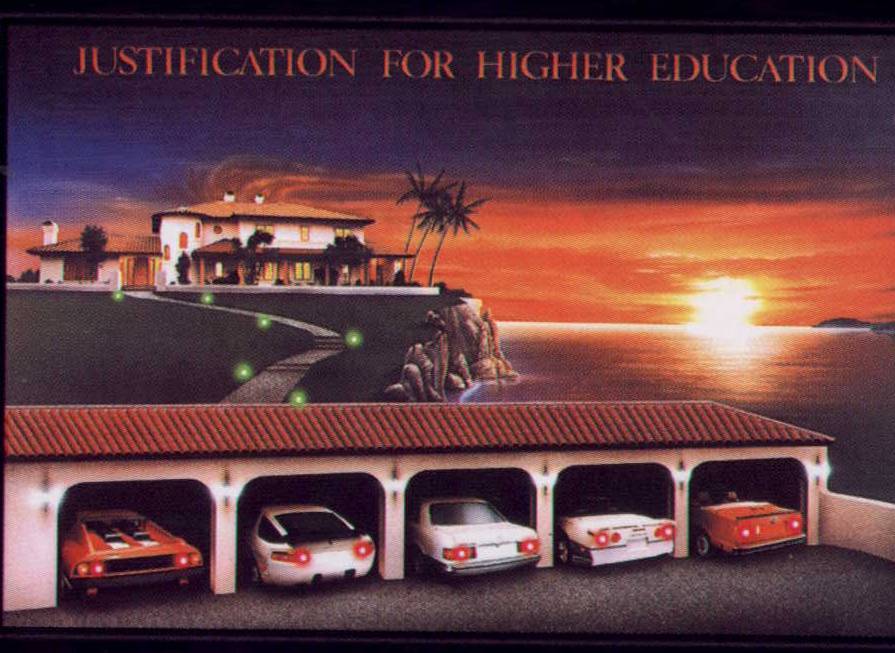Why I Run
I went to Disney with my family earlier this year, and it was not my best moment. There was some extended family drama leading up to the trip that need not be rehashed; suffice to say the trip wasn’t originally my idea and I felt a little forced. We were supposed to fly down. I don't like flying at all and I haven’t done it in about ten years. <br/><br/> The week before the trip turned into a self-torture session for me. I was an anxiety-driven mess for a bunch of unrelated reasons, but my brain decided to build a downward spiral from all of them that crystalized into a fixation around flying.
Read more →